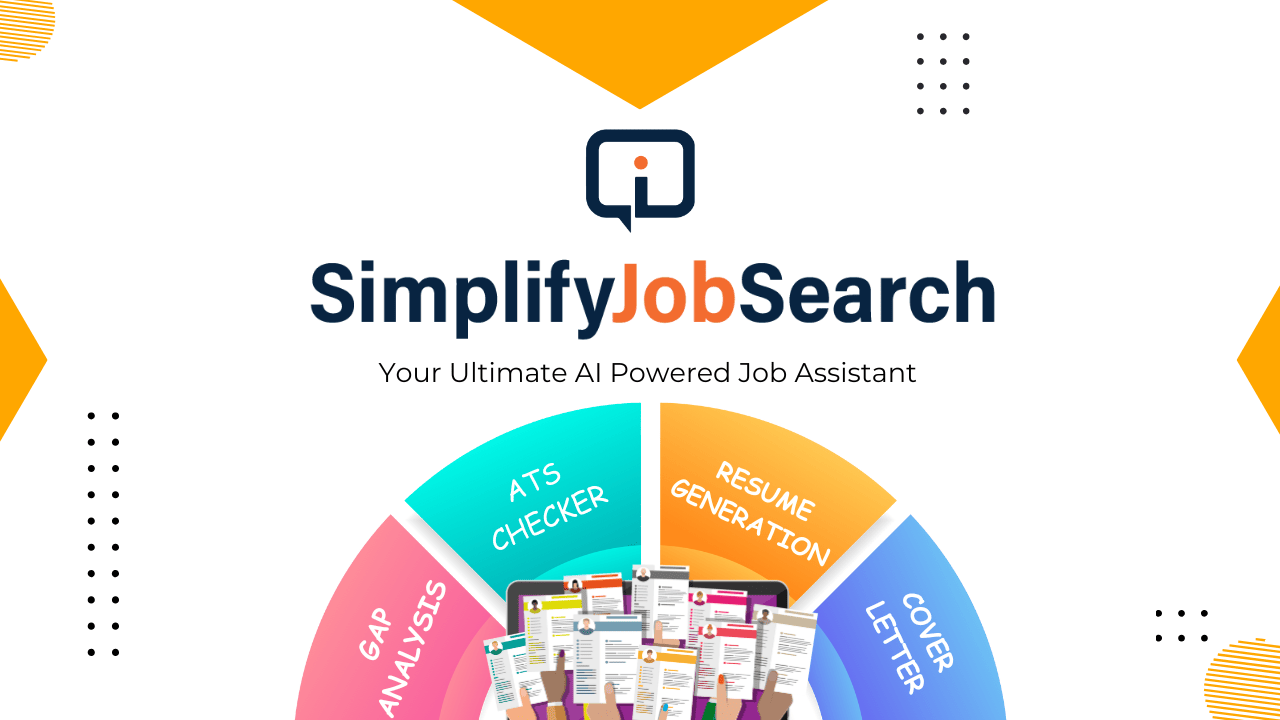Future of Cancer Detection, Anthropic Closing Open Innovation and Perplexity’s New Browser
Participate in the quiz based on this newsletter and the lucky five winners will get a chance to win a coffee mug!
Health-Tech Spotlight
Could This Startup Be the Future of Cancer Detection?

Craif, a Japanese health-tech startup, has raised $22 million to expand its AI-powered, non-invasive cancer detection platform. By analyzing microRNA biomarkers from simple urine samples, Craif aims to catch deadly cancers like pancreatic, ovarian, and colorectal at their earliest, most treatable stages—offering a revolutionary alternative to traditional, invasive screening methods.
Why It Matters:
If Craif’s technology continues in the right direction, it could be a true game-changer in medical science—making early cancer detection faster, easier, and accessible from home. Early diagnosis saves lives, and Craif’s innovation could transform the future of preventive healthcare worldwide.

AI Industry Trends
Is Anthropic Closing Its Doors on Open Innovation?

Anthropic, a big AI company, told a developer to stop after he tried to figure out how their secret coding tool, Claude Code, works. Unlike OpenAI’s coding tool that is free to explore, Anthropic’s tool is locked and hidden. When the developer shared what he found on GitHub, Anthropic quickly sent a legal warning to take it down.
Why It Matters:
This shows a big difference in how companies share AI. Some want to keep things secret, while others believe sharing helps everyone learn faster. It also makes people wonder—should AI be open for all, or kept private?
Is Perplexity’s New Browser a Game-Changer or a Privacy Nightmare?

Perplexity AI’s CEO has revealed bold plans for their new browser, Comet, which will track everything users do online to deliver hyper-personalized ads. By watching browsing habits, shopping patterns, and more, Perplexity hopes to create ultra-relevant ad experiences. But not everyone’s convinced this level of tracking is a good idea.
Why It Matters:
As AI pushes deeper into our daily lives, the line between personalization and privacy gets blurrier. Perplexity’s move could reshape the future of advertising—or spark even bigger debates about how much tech companies should know about us.
Emerging AI Trends – AI Becomes a Coworker, Not an Assistant
Tool of the Week: Simplify Job Search

Simplify Job Search is an AI-powered platform that helps job seekers optimize resumes, assess ATS scores, and get personalized job recommendations-streamlining the path to employment.
- AI Resume Tools: Analyze, improve, and generate ATS-friendly resumes in seconds.
- Job Matching: Get job recommendations based on your resume and skills.
- Credit-Based AI Access: Use credits for gap analysis, cover letters, and more.
- Perfect For: Freshers, experienced professionals, and anyone looking to boost job search success with AI.
Highlights Overview
- Big Tech Restructures to Stay Competitive in the AI Race: Meta’s delivery of its first internal models from its newly formed AI division highlights a broader shift in the generative AI race. As competition around foundation models, large language models (LLMs), and AI research talent intensifies, Big Tech companies are reorganizing internally to accelerate model development and remain competitive against OpenAI, Google, and Anthropic.
- Agentic AI Pushes AI From Assistants to Enterprise Coworkers: Anthropic’s expansion of Claude Cowork to Team and Enterprise plans marks a major step in the rise of agentic AI systems. With autonomous file management, multi-agent workflows, and shared AI workspaces, AI is increasingly embedded into enterprise workflows, productivity tools, and knowledge management, reducing human oversight and redefining the future of work.
- Industrial AI Gains Momentum Beyond Chatbots: CVector’s $5M funding round underscores growing investor interest in industrial AI, operational AI, and AI infrastructure for manufacturing. Its “industrial nervous system” approach reflects a broader trend toward AI-powered automation, predictive maintenance, and real-time optimization across physical systems an area where AI adoption delivers measurable ROI.
- Global Leaders Warn of AI’s Impact on Jobs and Labor Markets: At Davos 2026, AI dominated discussions on automation, workforce disruption, and the future of employment. Policymakers and economic leaders warned that rapid AI adoption could disproportionately affect younger workers, accelerating the need for AI reskilling, workforce transformation, and responsible AI governance worldwide.
- AI Infrastructure Faces Energy, Data Center, and Sustainability Constraints: As demand for AI compute surges, resistance to AI data center expansion is emerging as a critical bottleneck. Rising concerns around energy consumption, water usage, and environmental impact signal that the next phase of AI scaling will be shaped not only by model performance, but by infrastructure sustainability and regulation

Quick Bytes
- Claude Cowork: Anthropic rolled out Claude Cowork to Team and Enterprise plans, introducing autonomous file handling, multi-agent coordination, and shared AI workspaces designed for real enterprise workflows.
- GitHub Copilot Workspace : GitHub expanded Copilot Workspace with agent-style task planning, enabling developers to describe features in natural language and have Copilot plan, generate, and iterate on code end-to-end.
- Microsoft Copilot Studio Agent Orchestration: Microsoft launched enhanced agent orchestration in Copilot Studio, allowing businesses to deploy multiple AI agents that collaborate across apps, documents, and internal systems.
- Google Gemini Enterprise Controls Update: Google introduced new enterprise controls for Gemini, including stronger data isolation, admin governance, and workflow integration pushing Gemini deeper into enterprise AI deployments.
- Hugging Face Inference Endpoints v2: Hugging Face launched upgraded Inference Endpoints with improved scaling, lower latency, and simplified deployment for production-grade open-source LLM applications.
- Adobe Firefly Workflow Enhancements: Adobe added new workflow automation features to Firefly, enabling designers to chain generative actions across assets and formats with minimal manual intervention.

